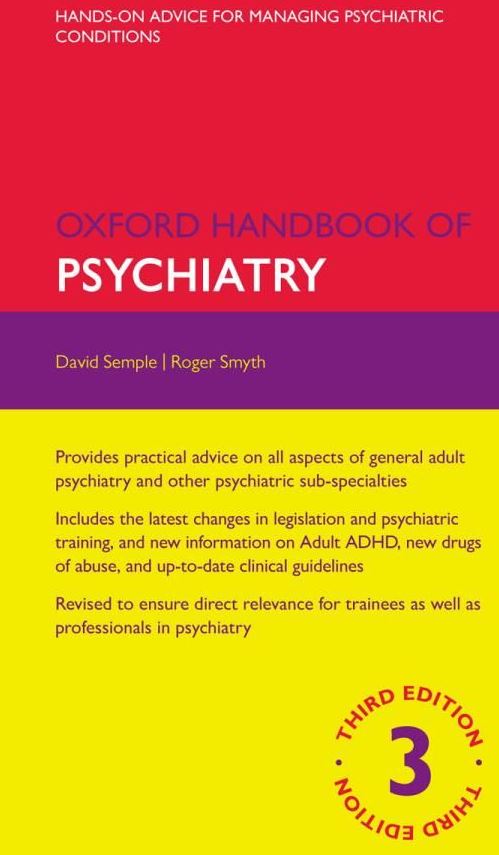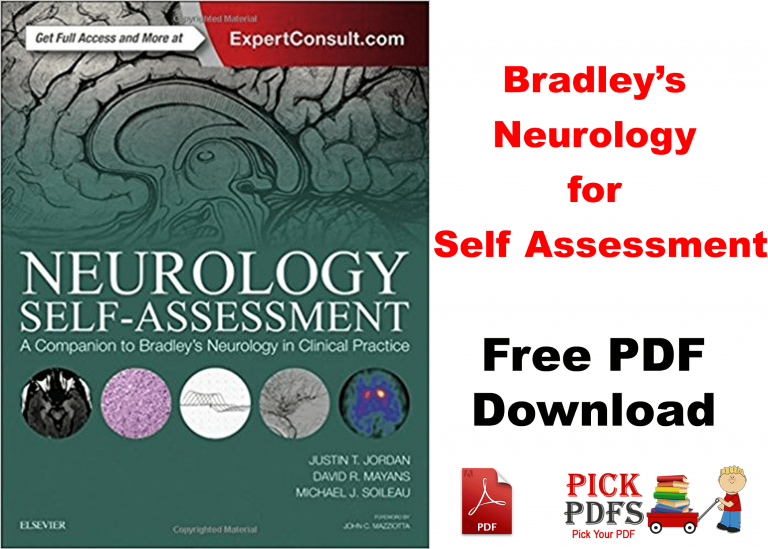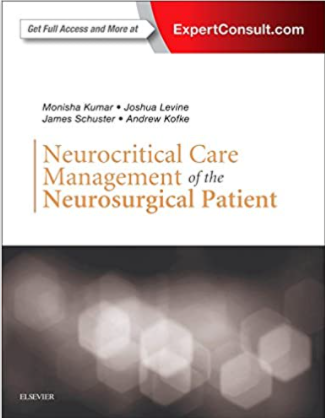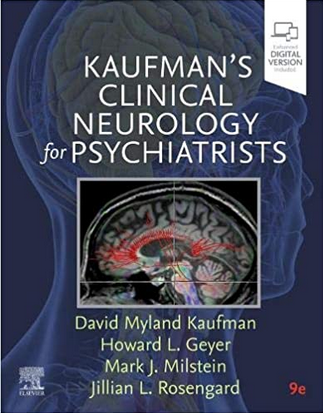Oxford Handbook of Psychiatry 3rd Edition PDF download

Every medical student and doctor is familiar with that strange mixture of panic and perplexity which occurs when, despite having spent what seems like endless hours studying, one is completely at a loss as to what to do when confronted with a real patient with real problems. For doctors of our generation that sense of panic was eased somewhat by the reassuring presence in the white coat pocket of the original Oxford Handbook of Clinical Medicine. A quick glance at one of its pages before approaching the patient served to refresh factual knowledge, guide initial assessment, and highlight ‘not to be missed’ areas, allowing one to enter the room with a sense of at least initial confi dence which would otherwise have been lacking. The initial months of psychiatric practice are a time of particular anxiety, when familiar medical knowledge seems of no use and the patients and their symptoms appear baffl ing and strange. Every new psychiatrist is familiar with the strange sense of relief when a ‘medical’ problem arises in one of their patients—‘fi nally something I know about’. At this time, for us, the absence of a similar volume to the Oxford Handbook of Clinical Medicine for Psychiatrists was keenly felt.
This volume attempts to fulfi l the same function for medical students and doctors beginning psychiatric training or practice. The white coat pocket will have gone, but we hope that it can provide that same portable reassurance. It is entirely unoriginal for authors to think of their books as their ‘children’. Nonetheless, during the process of creating the fi rst edition of this handbook we found ourselves understanding why the comparison is often made: experiencing the trials of a prolonged gestation and a diffi cult delivery, balanced by the pride of seeing one’s offspring ‘out in the world’. And of course, the rapid forgetting of the pain leading to agreement to produce a second a few years later. We have updated the handbook to refl ect the substantial changes in mental health and incapacity legislation across the UK, updated clinical guidance, the continuing service changes across psychiatric practice and the more modest improvements in treatments and the evidence base for psychiatric practice.






